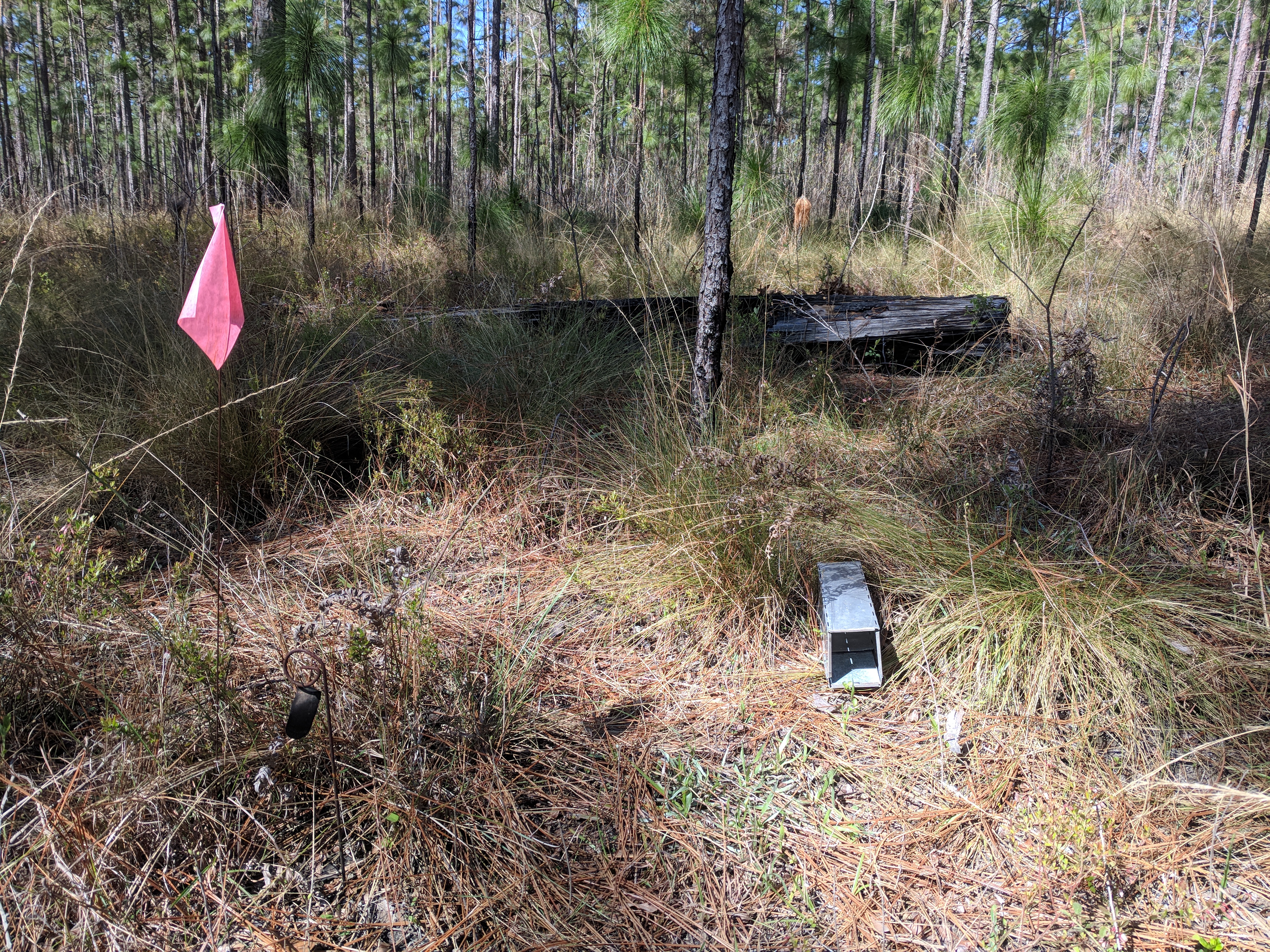Predator-Parasite Interactions
Do predators really keep herds healthy?

Classic theory suggests that predators keep their prey healthy by decreasing parasitism in prey populations. Though there is some empirical evidence supporting a negative effect of predators on parasites in their prey predation pressure seems to frequently increase parasitism. Thus, given the frequency of predator loss, and the ubiquity of parasitism in prey populations, it is critical to gain a more detailed and nuanced understanding of the effects that predators can have on parasitism in their prey. My dissertation work (i) employs data-driven approaches to determine the drivers of predator effect directionality and (ii) uses a combination of empirical field experiments and theoretical model building to assess the effect of formally relaxing assumptions of these classical models.
I conduct my field experiments in collaboration with researchers at the Joseph W. Jones Ecological Research Center. We take advantage of a 15 year large-scale, replicated, mesopredator exclusion experiment to test the effect of heterogeneity in predator and prey populations on predator-parasite interactions. While a variety of predator clades are studied small mammals and their gastro-intestinal macroparasites serve as the focal host-parasite system.